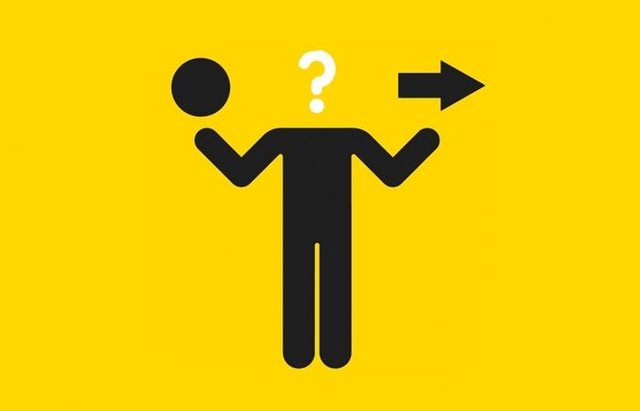
During life, important decisions have to be made more than once. It could be a divorce, a change of jobs, a move... and it seems like we're losing control to some extent, so we're afraid to do the wrong thing. The environment can be regarded as a loser who did, in their opinion, the wrong choice (although there are rather unfortunate situations, not people). We are also under severe stress because the consequences of a particular decision seem catastrophic to us and we will not be able to cope with them.
So, for discomfort and excitement there is enough weighty founding. Very few decisions can be made without the oppression of uncertainty, guilt, or even remorse. Usually we represent a serious challenge to those decisions in its depth and affect our life values and guidelines.
How to make decisions? What can be done to facilitate this process?
#1. Try to determine what your deepest values are at the heart of possible solutions, and why this issue is so significant. What are the powers that govern your behavior? Values are the leading principles by which you can judge who you are and what is important to you.
It is those decisions that are contrary to the internal values and attitudes of the person, most often evaluated later as unsuccessful.
#2. Gather as much information as possible, facts that will help you assess the possible consequences. Soberly consider what the consequences might indeed occur under a particular scenario of events.
#3. Rather than thinking that a solution might be "right" or "wrong," tell yourself that the best solution is appropriate to one or another circumstance. The absolutization of the consequences only causes even greater fear and anxiety.
Most people postpone decision-making only because of fear that the consequences of their "wrong" choices can be devastating. However, any choice has its value and can be an impetus for new experience and personal growth. Very few solutions can lead to truly catastrophic results, no matter how hard we are persuaded to the contrary by our anxious minds.
#4. Carefully examine the problem and your reaction to it. What determines your choice? You may need to balance your emotions or, conversely, be less guided by the principles of cold calculation when making a decision.
#5. Do not neglect the support and advice of loved ones, friends, maybe even colleagues at work. Imagine that your decision is made to the public. For example, it was published on the first page of the main newspaper in the city. What will readers think about you? What will your relatives and friends say when they hear about this news? Will they be proud of you?
The traditional decision-making algorithm consists of determining the possible solution, analyzing it, developing alternatives, then selecting, analyzing the results and conclusions. By defining your core values, you can make the "best" decision, but it does not guarantee the absence of emotional discomfort.
During the life we get and we will get into situations that make us make choices. Try to perceive them not only as a source of fear and negative emotions, but also as an opportunity for growth and experience.

"During the life we get and we will get into situations that make us make choices. Try to perceive them not only as a source of fear and negative emotions, but also as an opportunity for growth and experience."
This sums it up well. Thanks for taking the time to construct and share this; all to often we go into "fight or flight" without carefully weighing our options.
Downvoting a post can decrease pending rewards and make it less visible. Common reasons:
Submit